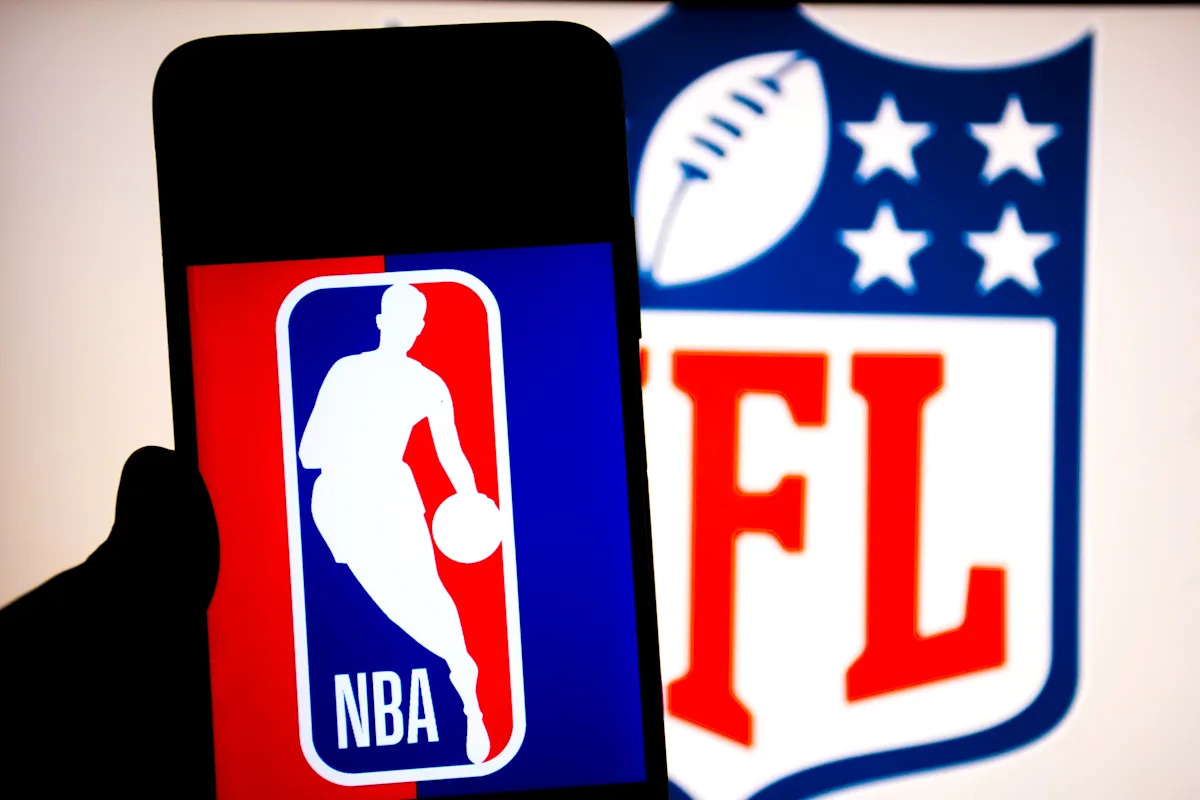Years after the major U.S. professional leagues received an exemption from antitrust laws for broadcasting, the House Judiciary Committee is contemplating revisions to this law. The committee has formally requested a briefing with commissioners from the four prominent leagues: Adam Silver (NBA), Roger Goodell (NFL), Gary Bettman (NHL), and Rob Manfred (MLB), aiming to discuss the current broadcast market and blackout exemptions.
In its announcement on Monday, the Judiciary Committee included letters sent to each commissioner. The committee plans to address the Sports Broadcasting Act (SBA), which permits sports leagues to collectively negotiate broadcast rights and includes provisions for blackout exemptions that prevent home games from being broadcast in their markets during conflicts.
This law, enacted in 1961, was initially designed to assist the NFL in managing broadcast rights more efficiently. The blackout exemption allows leagues to restrict broadcasts of home games within certain regions when they conflict with other games.
However, the House is now examining the “adequacy of existing laws” in light of today’s broadcasting environment.
“The landscape of the sports broadcasting market has evolved significantly since the 1960s, with most viewers now tuning in outside traditional network broadcasts,” the committee stated. “Consequently, many distribution agreements involving sports leagues may face antitrust scrutiny, leading to legal ambiguities and creating market distortions.”
In its correspondence, the committee highlights potential revisions to the law due to recent antitrust lawsuits that prompt questions about the future of the SBA.
The request was initiated by two Republican representatives: Jim Jordan (R-Ohio), the chair of the House Judiciary Committee, and Scott Fitzgerald (R-Wis.), the chair of the Subcommittee on Administrative State, Regulatory Reform and Antitrust. They were joined by Democrat representatives Jamie Raskin (D-MD) and Jerry Nadler (D-NY), who are also committee members.
The letter invites commissioners to discuss their leagues’ involvement in the sports broadcasting market and related issues. The commissioners are expected to prepare for a briefing by August 25th.
What is the current state of the U.S. sports broadcast landscape?
The committee’s suggestion to potentially modify the SBA raises important questions regarding the future of sports broadcasting. “Sixty-four years after the SBA’s inception, the sports broadcasting market has undergone significant changes,” the committee noted.
All four leagues operate under a similar broadcasting model where particular markets negotiate rights with individual teams. This involves connections with major broadcasters and the increasing popularity of streaming services, including Netflix’s recent ventures into live sports.
Furthermore, each league offers its internal streaming services for fans, such as NFL+, NBA League Pass, and MLB.TV, while NHL fans can access some games via ESPN+, though there are no direct equivalents.
Recently, the NFL announced a major shift by moving its media assets, including NFL RedZone, to ESPN, potentially granting it a 10% ownership stake in the network and altering its relationship with broadcasters.
The timing of the committee’s outreach, just ten days after these developments, seems coincidental, with much of the focus on the rise of streaming and the plethora of consumer choices.
Congress has addressed sports broadcasting regulations in the past. During a Senate hearing in May on the transition from traditional broadcasting to streaming, Texas Senator Ted Cruz remarked that the NFL was approaching the limits of the SBA.
Interestingly, the committee did not involve the MLS, WNBA, or NWSL commissioners, possibly due to their relatively lower viewership compared to the four major leagues.
In my view, this development is critical for soccer fans, including those following the MLS, as it could lead to more equitable broadcasting regulations and potentially enhance visibility for leagues that struggle with viewership. A change in the law may create new opportunities for soccer broadcasts, making the sport more accessible to a wider audience.



